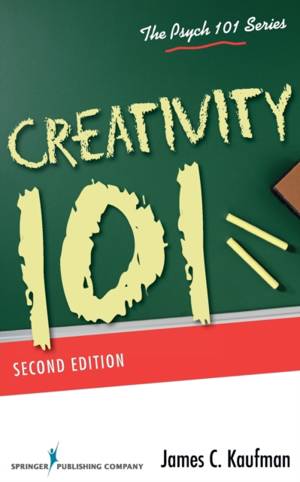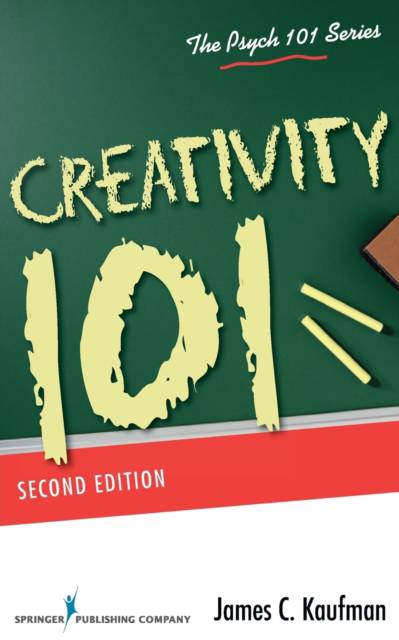
- Retrait gratuit dans votre magasin Club
- 7.000.000 titres dans notre catalogue
- Payer en toute sécurité
- Toujours un magasin près de chez vous
- Retrait gratuit dans votre magasin Club
- 7.000.0000 titres dans notre catalogue
- Payer en toute sécurité
- Toujours un magasin près de chez vous
Description
What makes us creative? How can organizations, schools, or parents inspire people to be more creative? How do we even start to define the topic in thefirst place? Now in its second edition, this bestselling introductory text'Äîwritten by one of the world'Äôs leading experts on the psychology of creativity'Äîiscompletely updated and expanded to reflect the tremendous growth in this field. In a restructured, reader-friendly format, the text surveys the latesttheories and research to provide key information about what we know (and don'Äôt know) about creativity. It addresses how creativity operates both onindividual and on social/environmental levels, how it is defined and measured, and several hot debates in the field, such as creativity'Äôs uncertainrelationship to mental illness. Grounded in psychological research from clinical, industrial, social, cognitive, evolutionary, and developmentalperspectives, this text also draws on classic and current findings from neuroscience, business, education, engineering, and biology.
This much-praised book is an ideal brief and affordable text for courses on creativity in psychology, education, business, and other fields, as well ascross-disciplinary seminars and programs in creativity studies.
New to the Second Edition:
- Completely updated and expanded with new theories and frameworks and including the latest research
- Restructured to enhance flow of information and ease of use
- New coverage of how creativity can be improved at the level of the individual and the environment, measuring creativity, and creativity across cultures
Spécifications
Parties prenantes
- Auteur(s) :
- Editeur:
Contenu
- Nombre de pages :
- 368
- Langue:
- Anglais
Caractéristiques
- EAN:
- 9780826129529
- Date de parution :
- 18-03-16
- Format:
- Livre broché
- Format numérique:
- Trade paperback (VS)
- Dimensions :
- 127 mm x 203 mm
- Poids :
- 408 g

Les avis
Nous publions uniquement les avis qui respectent les conditions requises. Consultez nos conditions pour les avis.






